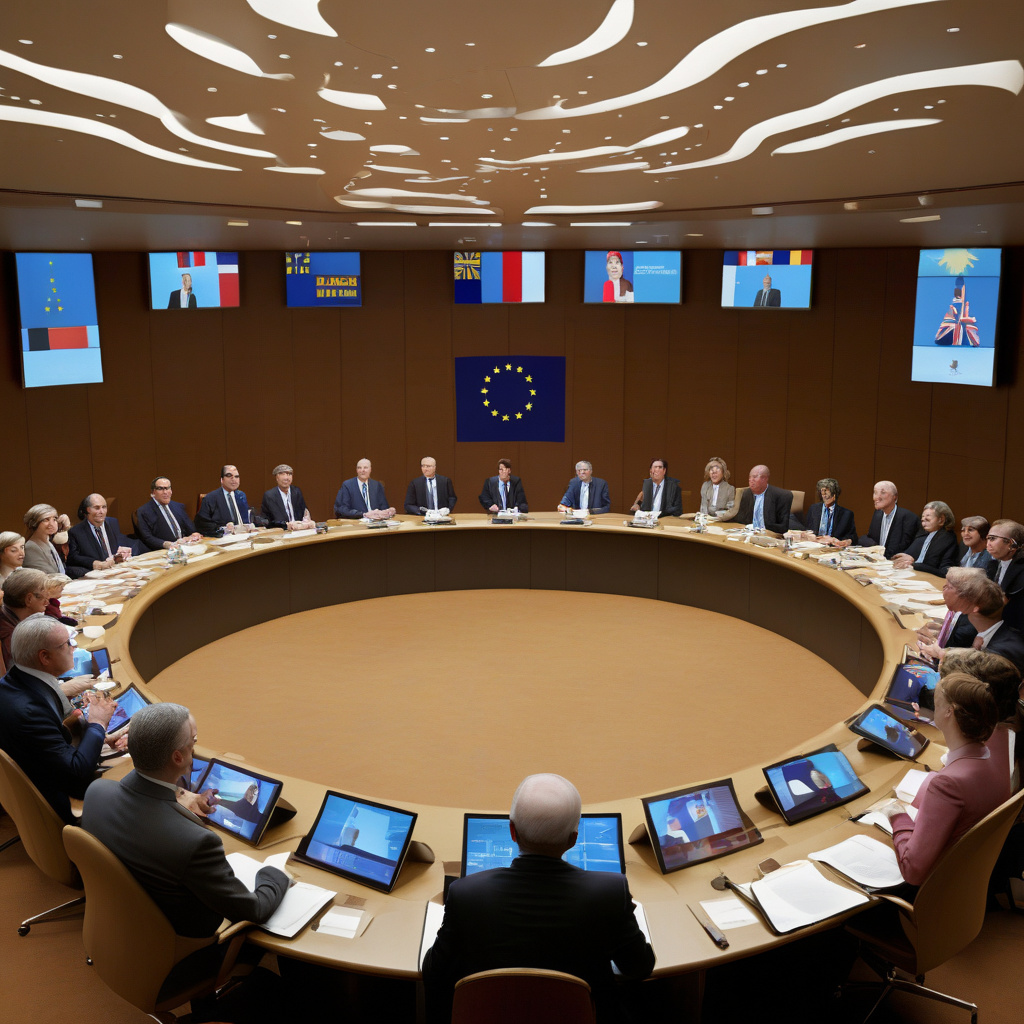EU Member States at Odds Over the Future of Encrypted Private Messaging
The European Union is on the brink of a groundbreaking decision regarding the regulation of encrypted private messaging services. This decision comes as the EU grapples with the delicate balance between protecting children from online harm and upholding the fundamental right to secure and private communication.
At the heart of this debate is the proposed legislation known as Chat Control. The primary goal of Chat Control is to enhance child protection measures by enabling automated scanning of private messages for potential illegal content, such as child sexual abuse material. Proponents of the legislation argue that it is a necessary step in combating online exploitation and ensuring the safety of vulnerable individuals, particularly children.
However, the implementation of Chat Control has sparked fierce opposition from advocates of digital privacy and civil liberties. Critics argue that such measures would erode the right to privacy and pave the way for mass surveillance of citizens’ online communications. They warn that the indiscriminate scanning of private messages could lead to unjustified invasions of privacy and undermine trust in encrypted messaging platforms.
The debate over Chat Control has highlighted deep divisions among EU member states. While some countries, such as Germany and France, have expressed strong support for the legislation, others, including the Netherlands and Sweden, have raised concerns about its potential impact on privacy rights. The discord among member states underscores the complexity of finding a consensus on a matter that intersects the realms of child protection, privacy, and security.
One of the key challenges in regulating encrypted private messaging services is striking the right balance between security and privacy. Encrypted messaging platforms, such as WhatsApp and Signal, use end-to-end encryption to ensure that only the sender and recipient can access the content of their messages. This level of security is essential for protecting sensitive personal information and facilitating secure communication in an increasingly digital world.
However, the use of encryption also poses challenges for law enforcement and child protection agencies seeking to detect and prevent online crimes. The anonymity and privacy afforded by encrypted messaging services can be exploited by malicious actors to engage in illegal activities without fear of detection. This has prompted calls for greater cooperation between tech companies and government authorities to address the growing threat of online exploitation.
As the EU deliberates on the future of encrypted private messaging, it faces a complex and multifaceted decision that will have far-reaching implications for digital rights and online safety. Finding a solution that effectively balances the need for child protection with respect for privacy rights is no easy task. It requires a nuanced approach that takes into account the diverse interests and concerns of stakeholders, from tech companies and law enforcement agencies to privacy advocates and civil society organizations.
Ultimately, the outcome of the EU’s decision on Chat Control will shape the landscape of online communication and privacy in the digital age. It is a pivotal moment that will test the EU’s commitment to upholding fundamental rights while addressing the evolving challenges of the digital era. The stakes are high, and the repercussions of this decision will reverberate across the EU and beyond.
In the end, the EU member states must navigate the intricate terrain of privacy, security, and child protection to forge a path forward that safeguards both the vulnerable and the fundamental rights of all citizens in the digital realm.
encrypted messaging, EU legislation, privacy rights, digital communication, online safety
